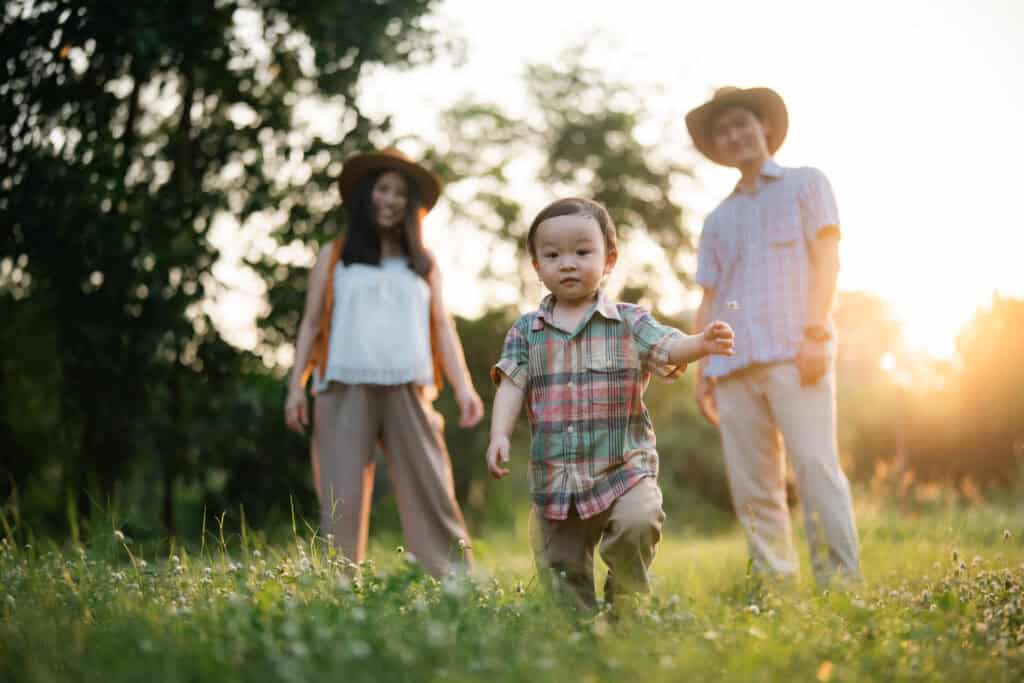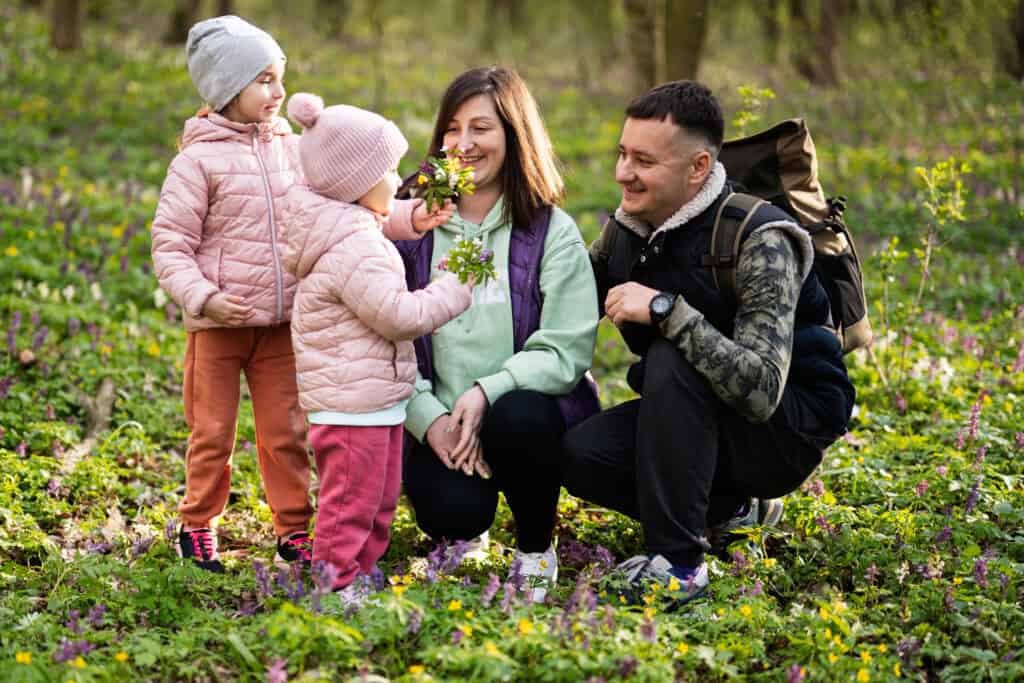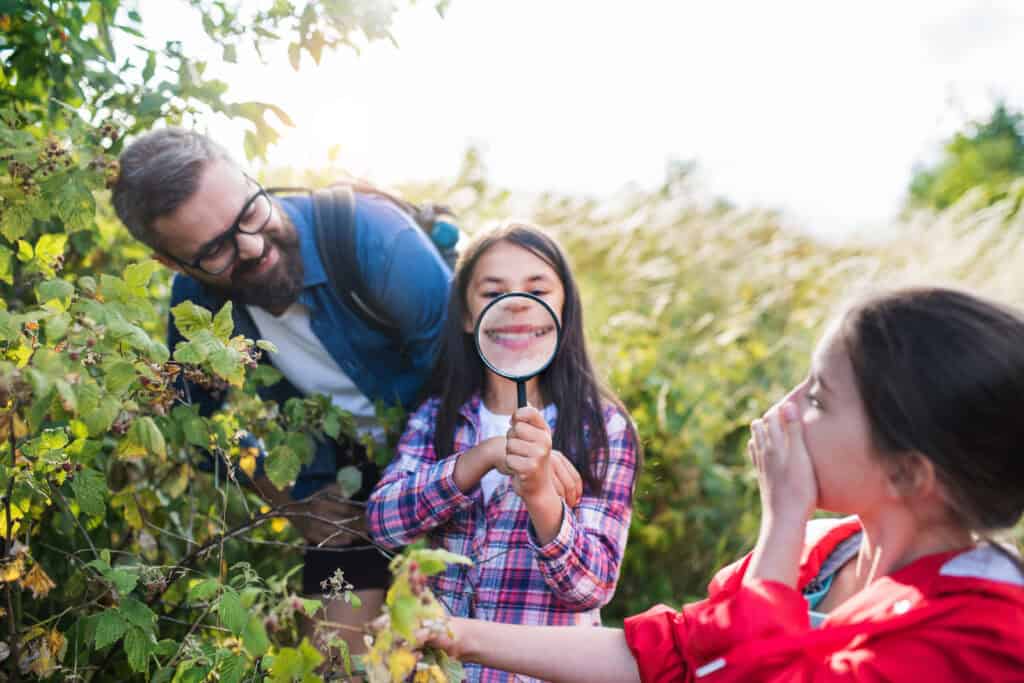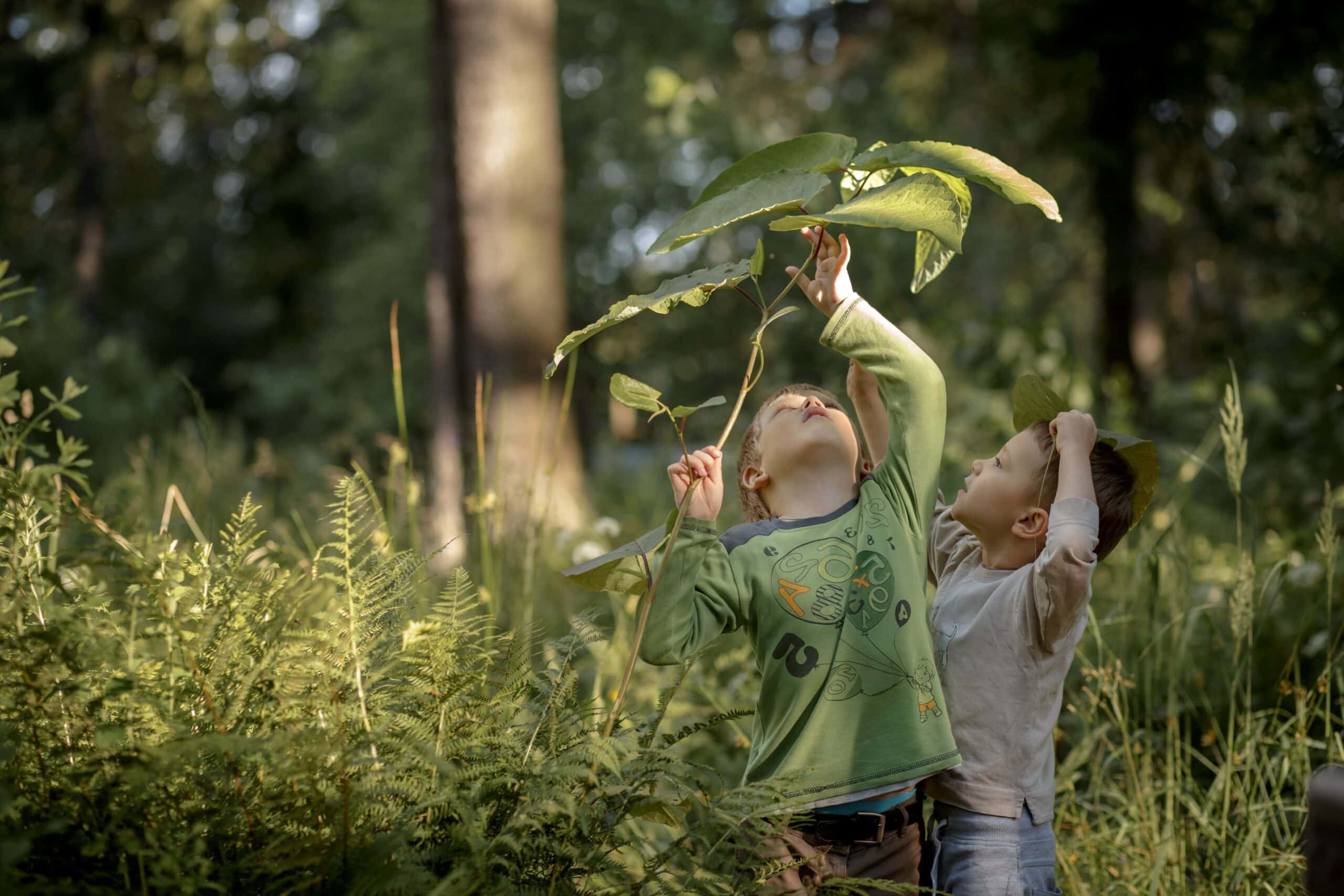We often think of parenting as a one-way street—parents teach, and children learn. What if the reverse is also true?
Children, in their raw honesty and unfiltered curiosity, can be our greatest teachers. When we slow down and truly observe them, we can uncover important lessons that enrich our own lives.
Parents often take on the role of the teacher—imparting values, enforcing rules, and offering life lessons. But those little people we raise? They’re constantly teaching us too – through their fresh perspectives, emotional honesty, and boundless curiosity, children offer life lessons that many adults have long forgotten.
Neuroscience Insight
Children’s brains are naturally wired for exploration, emotional honesty, and social learning. Their prefrontal cortex (which governs self-regulation and decision-making) is still developing, allowing them to express curiosity, joy, and vulnerability without inhibition.
This openness not only fosters learning in children—it offers adults a unique mirror into the essence of creativity and emotional intelligence (1).

Top 8 Things You Can Learn From Your Children
Here are eight things you can learn from your children, backed by psychology and developmental research.
How to live in the moment
Children have an extraordinary ability to focus completely on what’s in front of them. Whether it’s building a tower out of blocks or watching ants march in a line, they immerse themselves fully. This kind of mindfulness—being wholly present—is linked to reduced stress and increased happiness.
Neuroscience tells us that children’s underdeveloped prefrontal cortex gives them a unique edge in experiencing the present without overanalysing it (1).
The Power of Curiosity
If you’ve ever been asked “why” five times in a row by a preschooler, you’ve witnessed the relentless drive to understand the world. Children are born scientists—testing, observing, questioning. Developmental psychologists argue that this innate curiosity is essential to learning and innovation (2).
As adults, we often lose this trait, preferring certainty and routine. But our children remind us: curiosity keeps life vibrant.

Emotional Honesty
Children cry when they’re sad, scream when they’re frustrated, and laugh uncontrollably when they’re happy. They don’t suppress their feelings out of social politeness or fear of judgment. Psychologists note that this emotional transparency can be healthy—it helps build emotional literacy and resilience.
Watching how freely children express themselves encourages us to unlearn emotional suppression and embrace authenticity (3).
Resilience in the Face of Failure
Children fall—often. But they get up again and again, whether learning to walk, ride a bike, or figure out a puzzle. They don’t label their failures as personal shortcomings. Instead, they treat them as part of the learning process.
According to educational psychology, this “growth mindset” is key to long-term achievement. Adults who embrace this lesson can benefit in every area of life—from career to relationships (4). For deeper insight into fostering emotional resilience between parent and child, explore our guide on building emotional resilience in families.
PAUSE AND REFLECT
Think about the last time your child made you laugh, rethink an assumption, or pause during a busy day.
What lesson might have been hidden in that moment?
Creative Freedom
Hand a child a cardboard box, and you’ll soon have a spaceship, a castle, or a dragon cave. Children approach the world with unfiltered imagination and don’t feel bound by the “right way” to do things. This kind of playfulness—often dismissed as childish—is actually a gateway to innovation and flexible thinking.
Their imagination encourages us to think outside the box—literally and figuratively. Want to understand how stories and archetypes reinforce children’s resilience? Our article on the Hero’s Journey in teaching youth explores how symbolic storytelling strengthens identity and growth.
Unconditional Forgiveness
Children have short emotional memories. A disagreement or a tantrum doesn’t linger long. Minutes later, they’re ready to hug you again or go back to playing.
This emotional reset is a powerful reminder for adults who may hold onto resentment far too long. Letting go and moving on is not only freeing—it strengthens relationships.

Confidence in Being Themselves
Children don’t worry about social norms or judgment—at least not at first. They dance awkwardly, wear mismatched clothes, and declare their passions with pride.
That authenticity is something many adults strive to reclaim. Watching your child be unapologetically themselves can be a daily invitation to do the same.
Love Without Conditions
Children love fully. They don’t require perfection, success, or beauty. They just want your presence, your affection, and your attention. Their love isn’t earned—it’s given.
This form of pure, unconditional love challenges many adults to reexamine what it means to love and be loved, without performance or pretense.
Cultural Connection
In many Indigenous cultures, children are seen not only as learners but as bearers of wisdom. For example, the Māori of New Zealand believe that children (tamariki) carry spiritual insight, and elders are encouraged to listen as much as they guide.
Similarly, African Ubuntu philosophy teaches that communal knowledge flows both from old to young—and young to old. These traditions remind us that parenting is a shared, evolving learning experience.
Empathy is not only learned—it’s also mirrored. Explore how cross-cultural empathy can be fostered through relationships with children and diverse cultural practices.
Free Resources for Parents
Parenting is a journey of mutual growth—and we’re here to support you along the way.
Explore our collection of free resources, including story dice, printable guides, conversation starters, and more—designed to help you deepen connection, build emotional resilience, and embrace mindful parenting.
Sign up for our newsletter and get access to our Freebies Library to explore tools that support your parenting journey.
Final Thoughts
Parenting is often described as a job—but it’s also a journey of mutual growth. While we guide our children through the world, they return the favor by pulling us back to what matters most: curiosity, presence, creativity, and connection.
So next time your child does something that makes you pause, smile, or reflect—pay attention. There might be a lesson waiting for you. If you want to nurture these values further, explore how to select books that reflect emotional and developmental alignment in our parent’s book selection guide.

Reflect
Inspired by your child lately?
Share this blog piece with fellow parents and let them know the life lesson your child taught you today (you can do it on our Facebook Group – NeuroChild Village).
References:
- Dwyer, J., & Neuman, S. B. (2008). Selecting books for Children Birth through Four: A Developmental approach. Early Childhood Education Journal, 35(6), 489–494. https://doi.org/10.1007/s10643-008-0236-5
- Harris, P. L. (2022). Child Psychology in twelve questions. Oxford University Press eBooks. https://doi.org/10.1093/oso/9780192866509.001.0001
- Narah, B. (2016, January 1). Relevance of the Knowledge of Child Psychology For Parents and Teachers. Indian Journal of Applied Research Vol. VI. https://www.worldwidejournals.com/indian-journal-of-applied-research-(IJAR)/article/relevance-of-the-knowledge-of-child-psychology-for-parents-and-teachers/MTA5MDM=/
- Watson, E., & Busch, B. (2021). A Parent’s Guide to The Science of Learning: 77 Studies That Every Parent Needs to Know (1st ed.). Routledge. https://doi.org/10.4324/9781003125709
This piece was written for you by
Making complex ideas accessible and sparking meaningful conversations.
